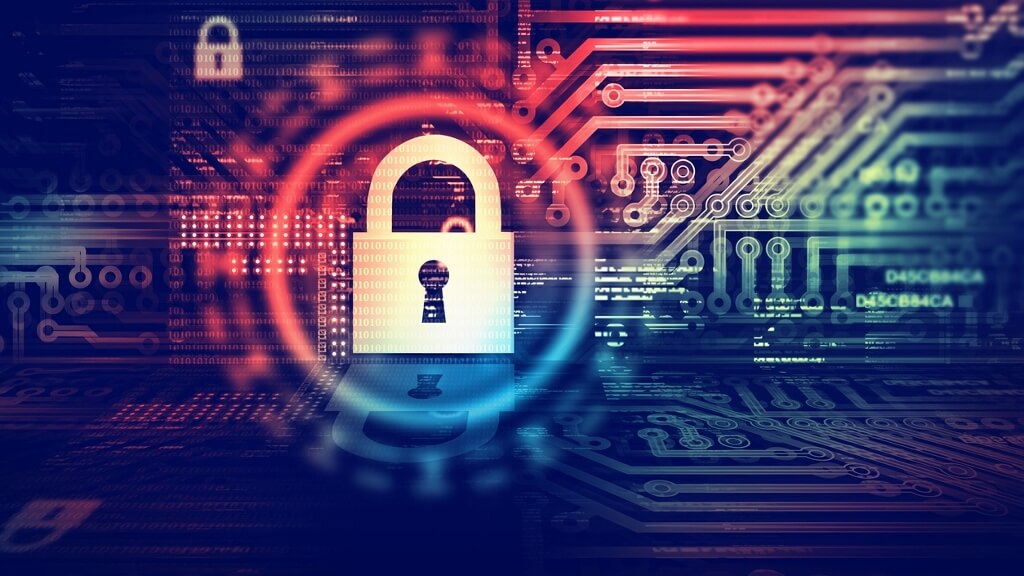
Imagine a world where logging in feels as natural as a handshake, simple, secure, and seamless.
For decades, we’ve been conditioned to jump through hoops for online security: remembering complex passwords, dealing with frustrating resets, or waiting for multi-factor authentication (MFA) codes.
But what if the solution to all this friction was already here? Enter passkeys: the revolutionary alternative to traditional authentication that’s rewriting digital security rules
In an age where cyber threats are more sophisticated than ever, passkeys offer a powerful blend of convenience and resilience. They address the flaws of outdated systems like passwords while maintaining the security standards of MFA, all without the hassle. This isn’t just an upgrade; it’s a paradigm shift for businesses and users alike.
Passwords Are Outdated And Dangerous
Despite their ubiquity, passwords have become one of the weakest links in cybersecurity. Data breaches, phishing scams, and password fatigue plague users and organizations, creating vulnerabilities that hackers eagerly exploit. Weak or reused passwords remain one of the primary causes of cyberattacks, leaving both individuals and businesses exposed.
To address this, MFA emerged as a solution, adding layers of security through SMS codes, authenticator apps, or hardware tokens.
While MFA has proven effective in increasing security, it often comes at the cost of user convenience. Multiple steps, delays, and technical glitches frustrate users, leading to abandoned logins and lower engagement.
This problem is also financial, not just theoretical. Companies lose potential customers and revenue when authentication systems get cumbersome. Frustrated users either drop off or seek alternatives, causing businesses to lose millions of dollars annually.
As the balance between security and usability has become unsustainable, it was time for something better.
Passkeys: Where Seamless Meets Secure
Passkeys eliminate passwords by utilizing public-key cryptography. Users authenticate themselves with something they already have, like their smartphone or biometric data, without the need to remember or manage a password. The process is as simple as scanning a fingerprint or using facial recognition, removing barriers that once stood between users and their accounts.
What makes passkeys unique is that they can combine MFA-like security into a single, frictionless step. Unlike traditional MFA, which requires two or more actions, passkeys streamline authentication without compromising safety. This positions them as the perfect alternative in the ongoing debate of MFA vs passkey.
Why Companies Should Care
To businesses, passkeys are more than a security improvement; they are a competitive advantage. Among the biggest challenges with digital onboarding is the high rate of user drop-offs.
Whether from forgotten passwords, long MFA processes, or general frustration, these drop-offs equate to lost revenue and opportunities. Passkeys drastically reduce these losses by providing seamless, user-friendly authentication.
In addition, passkeys enhance a company's security posture. By eliminating passwords, businesses shut off attack vectors such as credential stuffing and phishing. Passkeys also remove the need to store sensitive data in centralized repositories, significantly reducing the risk of large-scale breaches.
This dual benefit-enhanced security and better user experiences translate into greater customer trust and loyalty. Users like businesses that prioritize their convenience and safety, making passkeys a smart investment in long-term growth.
Users Win, Too
To the user, passkeys solve a whole lot of digital headaches: no more password juggling, no resets, no clunky MFA steps. Logging in is intuitive, as natural as unlocking a phone.
Passkeys also give users peace of mind. Due to their unique, device-specific keys, passkeys are impervious to phishing and most other common attack methods.
Hacking an email account or a password database no longer presents the same threat. Thanks to passkeys, users can interact with digital services with full confidence in the security of their accounts.
A Line of Defense Against Cyber Threats
Passkeys have very strong protection against increasingly sophisticated cyberattacks. For example, phishing, which works by fooling users into divulging credentials can’t work because there is no password to be stolen.
Brute-force attacks and credential stuffing also become things of the past, since passkeys create a unique key with every login.
For businesses, this means fewer incidents, lower remediation costs, and reduced downtime. It also allows IT teams to focus on proactive security measures rather than constantly reacting to breaches.
The Future of Digital Security
The rise of passkeys brings a new twist to our approach to online security. Their ability to offer strong protection and a frictionless user experience means that they address not just the shortcomings of passwords but also those of traditional MFA.
As businesses and users alike grow weary of the limitations of current systems, passkeys are poised to lead the charge toward a more secure and user-friendly internet.
Adopting passkeys is no longer just a trend, it’s a necessity. Companies that embrace this technology will position themselves as forward-thinking and customer-centric, while those that resist may find themselves struggling to keep up in an increasingly competitive digital landscape.
For users, the advantages are clear: security without compromise, and simplicity without frustration. Passkeys represent not just an evolution in authentication but a revolution in how we interact with the digital world. The era of passwords is over; the age of passkeys has just begun.
Thanks for signing up to Minutehack alerts.
Brilliant editorials heading your way soon.
Okay, Thanks!